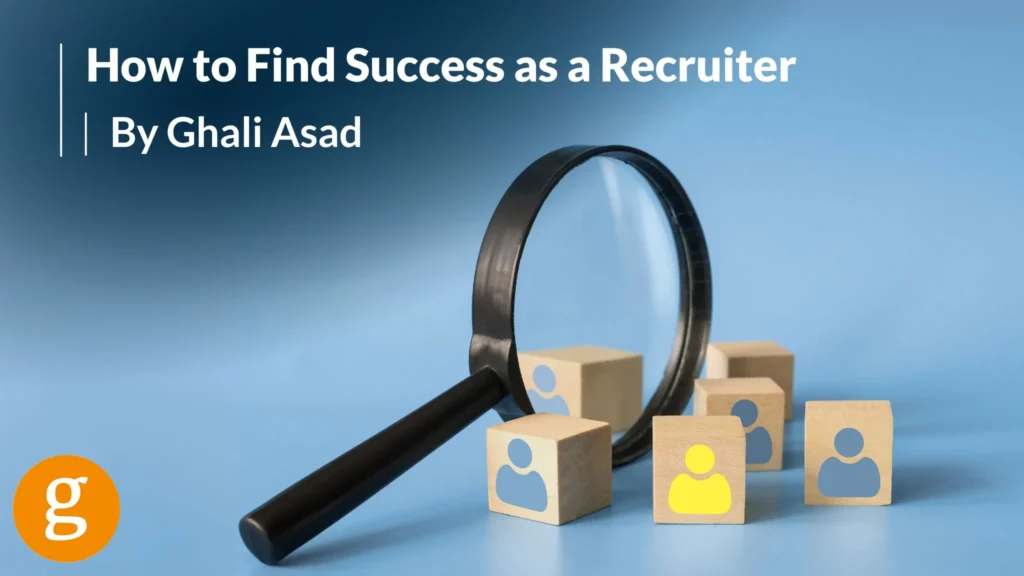Working Past 65: 3 Things You Should Know
Jim Newcomb | Career Tips, Opportunity for All | January 4, 2022

If you’re working past 65, there are many elements to keep track of to make sure you’re making the wisest financial decisions. Now that Social Security and Medicare benefits can be affected by working, it’s even more important to know how your job affects these benefits.
If you’re searching for a new job post-retirement, there are some changes to the workforce and job search that you should keep in mind when applying for your next position.
Digital Interviews
While more companies are getting back into the office, digital interviewing is likely here to stay. Interviewing online can use a slightly different skill set than in-person interviews because your communication is limited to what your interviewer sees on video or hears over the phone.
Start with the basics of digital interviewing etiquette. Consider presenting your best-looking self by paying attention to lighting and camera angle (hint: place the camera lens slightly above eye-level, so you’re looking slightly up – this is much more flattering than looking down.) Choose a quiet place to take your interview where you won’t have distractions in your background or noise interrupting your audio. Make sure that you look professional — at least from the waist up — and have a strong wifi connection to avoid disruptions to your call.
If you feel that you’re bringing more experience than other candidates, make sure to address the question of whether or not you’re overqualified with your interviewer. Over-qualification is a common concern when interviewing a candidate over 65, so think about how you respond to this concern before hopping on your interview call.
Regardless of how much experience you have, make sure you also express your desire to grow and learn from this position. Your team may be younger than you, so express comfort in this fact and acknowledge that you can learn from your team and bring your expertise.
Take Your Job Search Online
Job postings and applications for positions are mostly found online or heard about through word-of-mouth. If you haven’t been through this process recently, it can seem overwhelming at first. Seek the help of a recruiter dedicated to Diversity and Inclusion. At Goodwin Recruiting, Dedication to Diversity and Inclusion is among our Core Values.
Start by looking on job search websites to browse through the various job descriptions. From there, you’ll want to tailor your resume and cover letter to include the same type of vocabulary used in the job posting.
There is also often a wealth of resources on job posting sites that include training opportunities, online courses, and helpful interview tips to help you polish your job search skills.
Remember that it can take multiple applications and interviews before landing your new position. It can feel discouraging, but there are so many resources available that can help you learn from your mistakes and ace your next interview. A benefit of working with Goodwin Recruiting is that we hold your hand through the whole process, and we help you put your best foot forward.
Consider Your Social Security and Medicare Benefits
Now that you’ve got an offer, it’s time to think about how this position can affect your Social Security and Medicare benefits. If you retired at your full retirement age (67 years old for most people), then you can work and still receive your full social security benefits each month.
If you begin withdrawing Social Security benefits before your full retirement age, you may not receive your full benefit. It is a very personal decision, but if a new job allows you to wait to receive your Social Security benefits until your full retirement age, you’ll then receive the total amount. Each person’s financial situation is different, but it is important to be aware of how much money you may be leaving on the table if you begin withdrawing benefits before that time, and factoring in your new salary is key.
If your post-retirement job has healthcare benefits, you don’t need to disenroll from Medicare because you can have both Medicare and private insurance. However, if your employer has more than 20 employees, you may want to disenroll from Medicare Part B to save yourself some money.
There’s a lot of information to navigate about working after 65. Luckily, RetireGuide has put together an easy-to-read guide on how working post-retirement affects your social security and Medicare benefits. Keep reading the above guide for more post-retirement working tips, and check out their resources so that you can make smarter financial and healthcare decisions in your golden years.
Share This Article







































